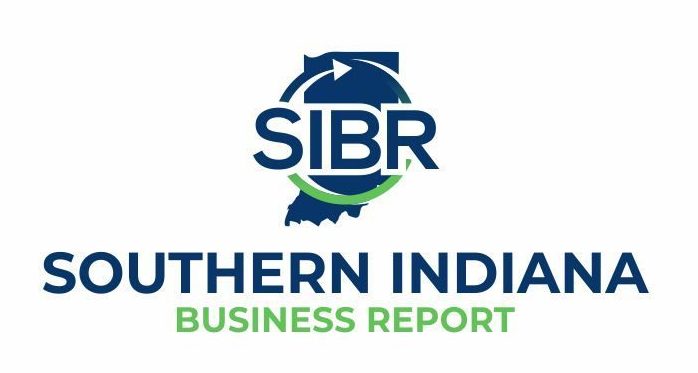By Lt. Gov. Suzanne Crouch
Broadband has been a topic of great discussion over the last 18 months, and for good reason. Connectivity is ever important. From work and school to recreation and relaxation, broadband plays a part. The Indiana Broadband Office encourages communities to become “broadband ready” through the Broadband Ready Communities Program. This tool serves as an informative and beneficial resource to help certify local communities as being prepared for broadband deployment.
This certification signals the telecommunications industry and notifies them that a community has taken the necessary steps to reduce barriers to broadband infrastructure investment. To date, the Indiana Broadband Office has certified more than 50 communities within the Broadband Ready Communities Program, 10 of which received designation already this year. Of these 50 communities, each approached the designation uniquely, with the common goal of enhancing connectivity.
In Crawford County, Crawford County Economic Development Corporation and Mainstream Fiber held local studies funded through Office of Community and Rural Affairs planning grants that focused on return on investment and broadband planning. The county also partnered with the Purdue Center for Regional Development to produce a local digital divide presentation that outlined broadband access as a top priority for future development. Crawford County transitioned from being one of the least served counties in the state to today being served by multiple providers investing in fiber to homes. All of this is attributed to the county’s hard work, creative partnerships and state and federal funding awarded to private investors.
In Switzerland County, interest in expanding broadband began at a regional level with the Southeastern Indiana Regional Planning Commission Board of Directors. Work led to a Broadband Ready Certification and the largest funded Next Level Connections Round 2 award in partnership with Southeastern Indiana REMC and SEI Communications. With both an active leadership group and the Broadband Ready Certification, Switzerland County is an example of the connection between local leadership activities and attracting private/state funding for broadband expansion.
Spencer County embraced the Broadband Readiness Certification with many communities within the county receiving designations, including Dale, Richland City and Santa Clause, as well as Cannelton, located just over the county line in Perry County. Not only has Spencer County found success in attracting a provider through an innovative partnership between the county, a private provider, REMC and the state, but Spencer County was also the largest recipient of the Next Level Connections Round 1 funds.
These examples share common traits, like establishing a central leadership team, pursuing helpful local policies and finding collaborations. Each has a significant impact on a community’s success in attracting broadband investment. Communities are encouraged to think creatively about how to effectively and strategically approach the Broadband Readiness Certification. Any community wishing to improve its broadband access is eligible for the certification and encouraged to apply. Requirements to acquire the certification include completing an application and uploading supporting documentation.
Additionally, communities must also institute procedures that streamline and expedite the broadband development process, such as assuring all inspections related to a broadband project be completed in a timely manner. They must also prohibit certain measures, like imposing fees to review an application or permit for broadband.
For more information about these procedures, the Indiana Broadband Office would love to connect at INbroadband@lg.in.gov. Communities are also encouraged to reach out to local contacts for additional support and continue collaborative efforts to find the benefits of becoming broadband ready.
Lt. Gov. Crouch constitutionally serves as the president of the Indiana Senate, serves as the Indiana Secretary of Agriculture and Rural Development, chairs the Indiana Intellectual and Developmental Disabilities Task Force and oversees four state agencies.



